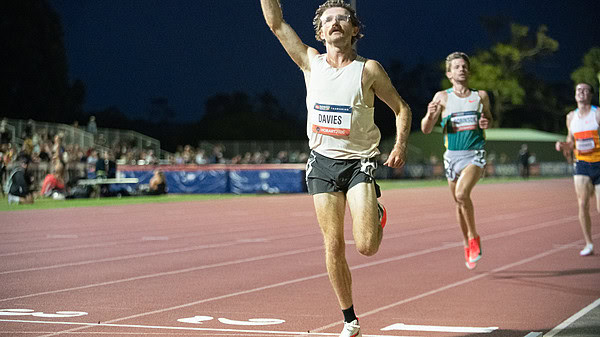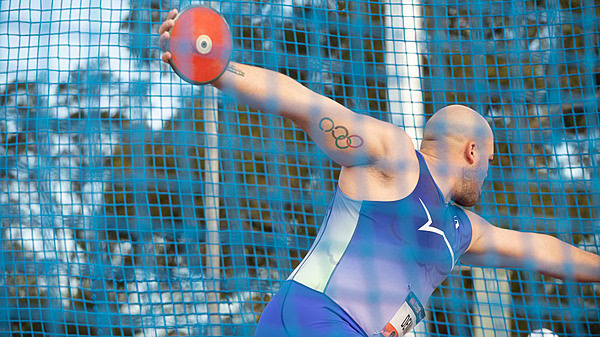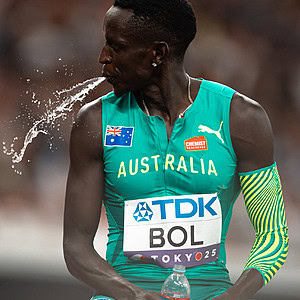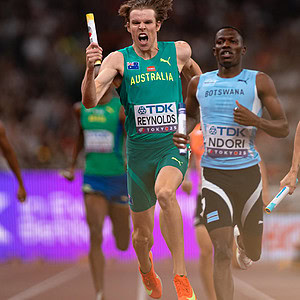One of track and field’s most untouchable world records may finally be under threat: the women’s 400 metres.
On Day 4 at the World Athletics Championships in Tokyo, USA’s Sydney McLaughlin-Levrone — already the world record holder in the 400m hurdles — produced a breathtaking semi-final performance. Stopping the clock at 48.29 seconds, she not only shattered her personal best but also made the run look smooth and controlled, suggesting there was still more to come.
Chasing a Four-Decade-Old Mark
That time edges McLaughlin-Levrone into truly rare air. The target in her sights is Marita Koch’s 47.60, set on 6 October 1985 at the World Cup in Canberra. Koch’s performance came at the zenith of East Germany’s state-sponsored doping era, yet she never failed a test and has consistently denied doping.
For four decades, Koch’s mark has loomed over the event: a blend of brilliance and controversy that has defined the women’s 400m.
The Select Few Who Came Close
Only a handful of athletes have managed to come within a second of the world record since 1985:
- Salwa Eid Naser – 48.14 (2019)
- Marileidy Paulino – 48.17 (2024)
- Marie-José Pérec – 48.25 (1996)
- Shaunae Miller-Uibo – 48.36 (2021)
- Nickisha Price – 48.57 (2024)
McLaughlin-Levrone now joins this exclusive club, and remarkably, three of them — Naser, Paulino and Price — will line up alongside her in Thursday night’s final.
A Final Poised for History
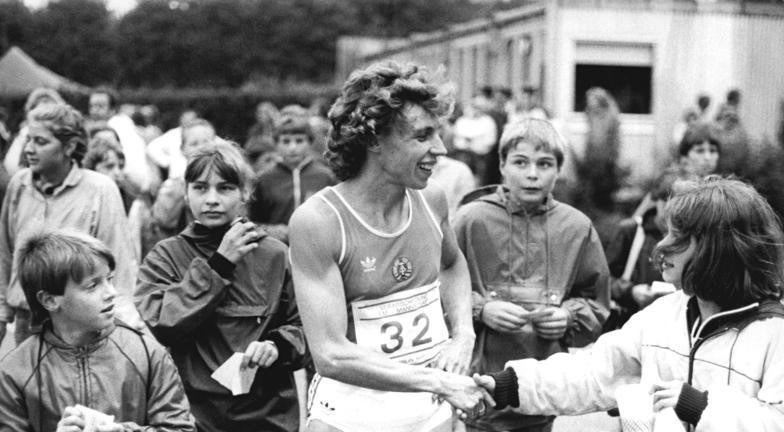
With her semi-final suggesting untapped reserves, McLaughlin-Levrone has shown that Koch’s four-decade-old standard is no longer untouchable.
The question now is whether the Tokyo final will produce a moment to define a generation. Could it deliver what athletes have chased for over 40 years — a world record that finally lifts the cloud cast by a doping-tainted era?




